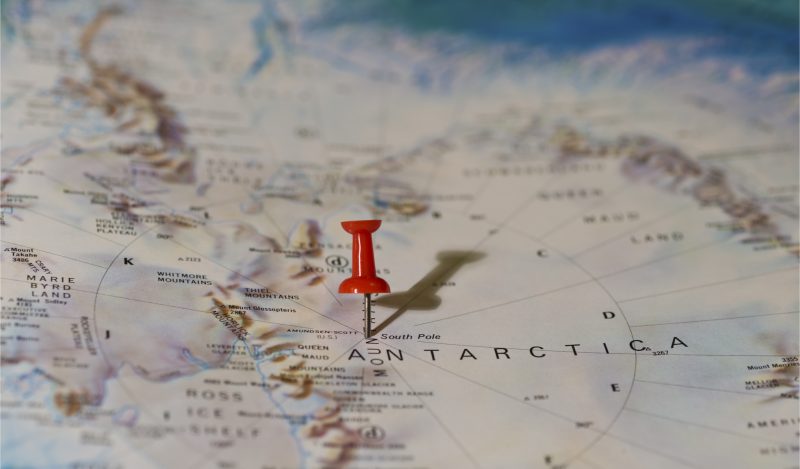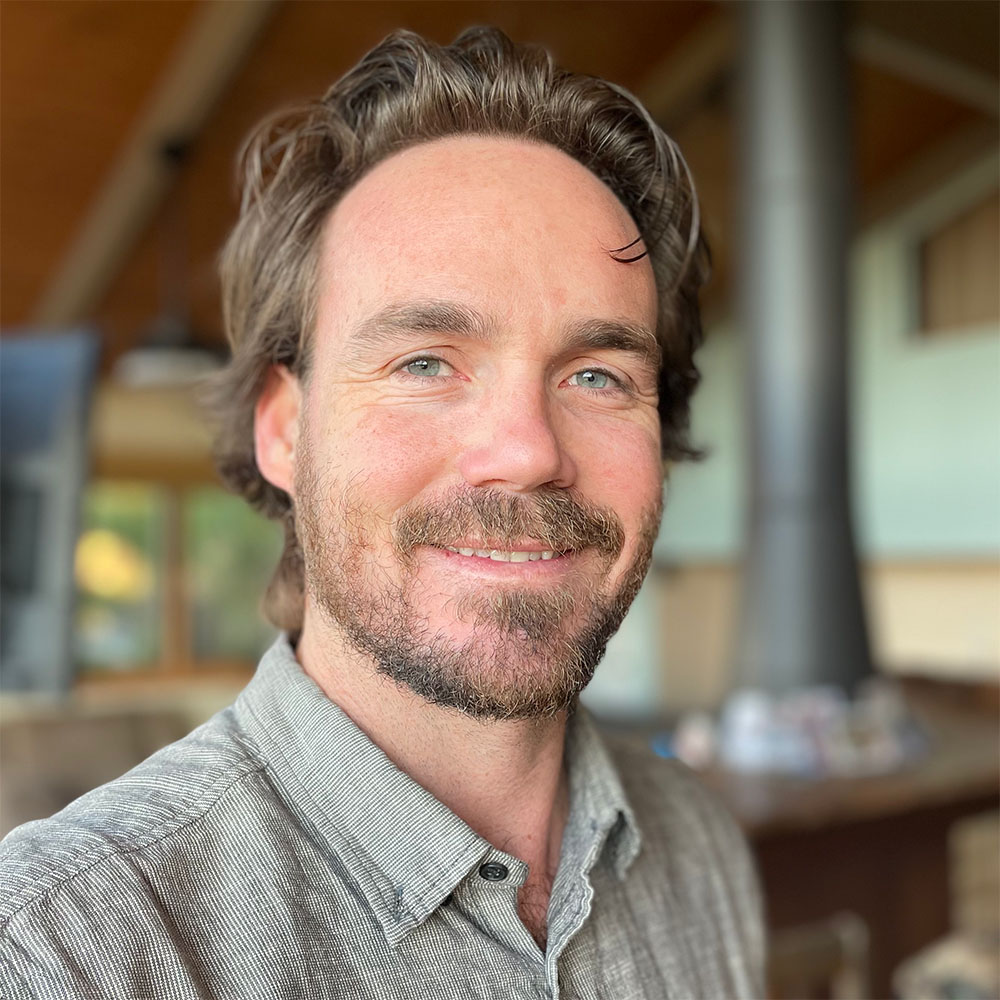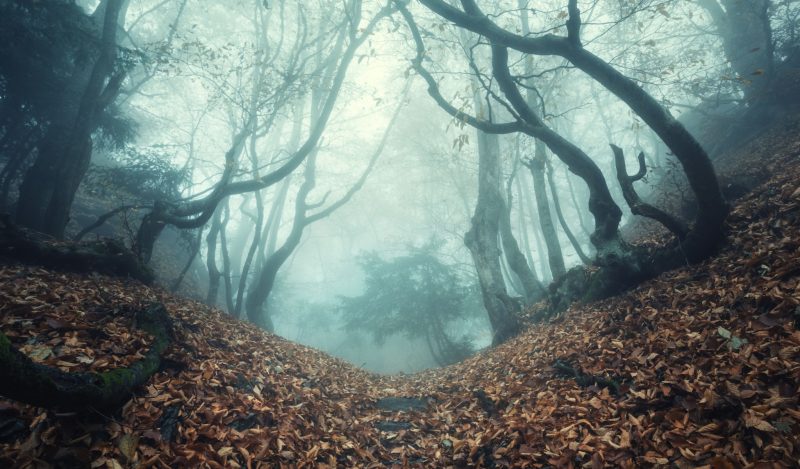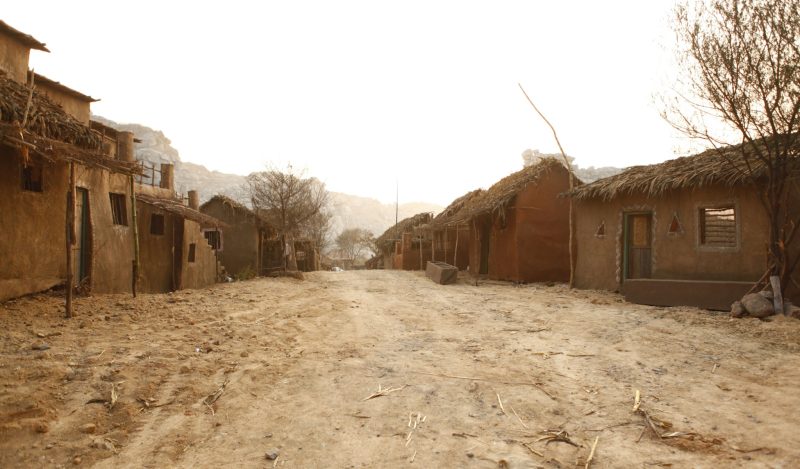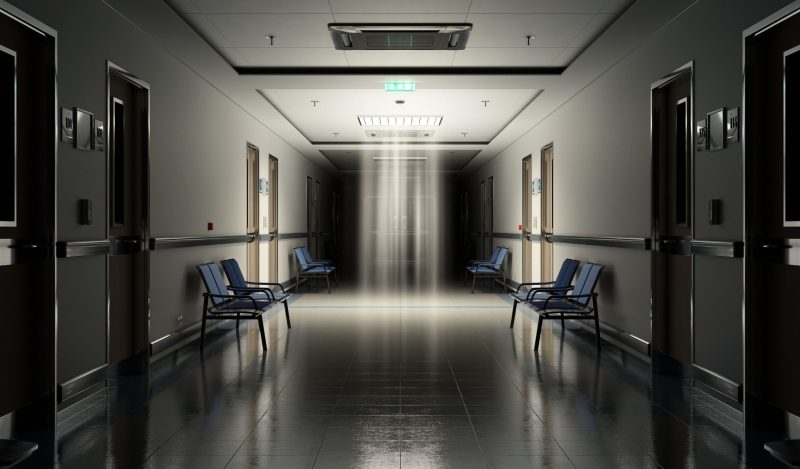In October of 2021, I deployed to McMurdo Station, Antarctica for the second time. Each austral summer, McMurdo Station becomes home to about 1,000 eclectic and wonderful people who are the workforce behind the National Science Foundation’s (NSF) United States Antarctic Program (USAP), which facilitates research with a logistical prowess on par with that of the US military.
Despite McMurdo’s remoteness and lack of the usual American amenities, there is normally a rich community life on this strange island. The community organizes yoga classes, cafes, art galleries, music festivals, craft fairs, holiday parties, and more. I was enamored by this social-scape during my first visit in 2017, but in 2021 community life at McMurdo has been unrecognizable due to the NSF’s Covid policies for the Antarctic.
While USAP research stations are some of the only populations in the world with zero Covid, residents of these stations live under stricter Covid precautions than many Western cities during peak waves of infection.
In the time between my two Antarctic deployments, I received a Master of Public Health degree from Columbia University’s Mailman School of Public Health. There, I learned the importance of evidence-based public health interventions, of carefully analyzing health risks, of targeting interventions based on those risks, and of always considering unintended negative consequences.
So, throughout the pandemic, I have been baffled to see many public health professionals and scientific institutions advocate for broad, extreme, and unprecedented measures without supporting evidence. The NSF’s scientifically inconsistent Covid policies for Antarctica are the most prominent examples of this fallacy I have now experienced.
The NSF formulated these polices early in the pandemic. Given the remote and resource-limited nature of Antarctica, the NSF recognized that Covid outbreaks in the intimate station populations would spread quickly and might easily overwhelm clinical capacities. And with aerial medical evacuation dangerously unreliable, the NSF smartly formulated policies to prevent Covid from reaching Antarctica and to mitigate its impact in case it did.
The policies begin with medical screening for health risks, which include known Covid risk factors. Deployers to McMurdo travel as cohorts that isolate in hotel rooms for three days, confirm a negative PCR test result, then fly on a private, direct flight to Christchurch, New Zealand.
When the first cohorts of the summer season arrived in September, there had been zero Covid cases on the entire South Island for almost a year. PCR tests and screenings for symptoms took place on arrival, days three, seven, and 12 during 14 days of strict isolation in Christchurch’s proven and effective “managed isolation and quarantine” (MIQ) facilities. US and Royal New Zealand Air Force aircrews subjected to the same isolation procedures as USAP cohorts then flew them to “the ice”. While at great expense, these sound, evidence-based procedures have to-date successfully kept Covid out of all USAP stations.
It is after arriving to Antarctica where these policies go awry. Following passenger plane arrivals of Covid-free cohorts, the entire receiving station population must wear masks, social distance, and adhere to inconsistently and arbitrarily reduced capacities in public and recreational spaces for one week.
In October a new passenger plane arrived about every five days, protracting restrictions to the entire month. We were relegated to constant face coverings where we lived and worked and a loss of any social or recreational activities that usually preside at McMurdo Station – all in the absence of Covid. Even the most ardent mask supporters had become “anti-maskers”.
Beyond low morale, the policies contribute to immense operational and safety setbacks. The station population this season is small – around 500 – and has been slowly dwindling in response to the strict policies and a vaccine mandate that took effect one week after my cohort (with an 85% vaccination rate) arrived. Multiple written assurances that those who were non-vaccinated would not be medically disqualified, were reversed. Several workers in critical departments refused the vaccine and were sent home, many others quit due to the other extreme policies. Nearly all departments are now short-staffed.
The station power plant is only about half-staffed. A power supply failure in the Antarctic environment means water sources could freeze and food would not be safely stored. The fire department was so short staffed they could not fully support the airfield where frequent flights may have to land in inclement weather on an ice runway.
This hazard legally barred the New York Air National Guard – who flies special ski-equipped LC-130s on essential cargo flights – from arriving on schedule, greatly impeding logistics and supply chains. They since arrived with a waiver but could not fly regular intracontinental missions for three more weeks until more firefighters from New Zealand arrived.
These avoidable, policy-derived setbacks contributed to three of six research projects in West Antarctica canceling before beginning, reducing total supportable research projects from the seasonal average of 60 down to 11, and caused the entire month of normal life in December to be robbed by mask-wearing and canceled holiday events.
These policies are dictated by the NSF’s mysterious Covid Control Board. As affected people have attempted to clarify questions or contact this Control Board, no one, at multiple management levels, has been forthright with the identity or public health qualifications of their members. USAP employees with unrelated administrative jobs have had time and energy absconded to develop Covid solutions for a population where Covid does not exist. Their policy is protecting no one from nothing.
When prodded about the senseless and inconsistent policies, USAP managers feebly attempt to defend them without providing any sort of evidence for their foundation. There are no references to any Covid research or CDC guidelines. Questions routed to the NSF leadership addressing these issues have gone unanswered. The real humans subject to these excessive policies have loud voices that are simply being ignored.
There is no hope for life at McMurdo void of Covid precautions despite the strict isolation process en route, despite the now 100% vaccinated population, and despite screenings for comorbidities. A recent Covid outbreak at a Belgian research base with similar demographics and no reported health impacts beyond mild symptoms demonstrates the minimal risk of Covid itself while the negative impacts of the policies remain clearly evident.
Yet, workers are threatened with termination if they defy the illogical rules. The things that draw people to McMurdo station have been needlessly lost. Antarctic research – which provides some of our greatest insight for understanding the difficult problem of climate change – has been stymied, community members’ lives have lost value, and all these hindrances are driven not by scientific evidence, but by politics and optics.
USAP workers are being uniquely challenged in one of the most uniquely extreme, uniquely isolated, and uniquely Covid free places on earth. If an enterprise mostly created and funded by the NSF cannot utilize scientific reasoning and accept normalcy where there is no Covid, how can we trust our scientific institutions to seek to in the rest of the world, where Covid is here to stay?
Published under a Creative Commons Attribution 4.0 International License
For reprints, please set the canonical link back to the original Brownstone Institute Article and Author.
